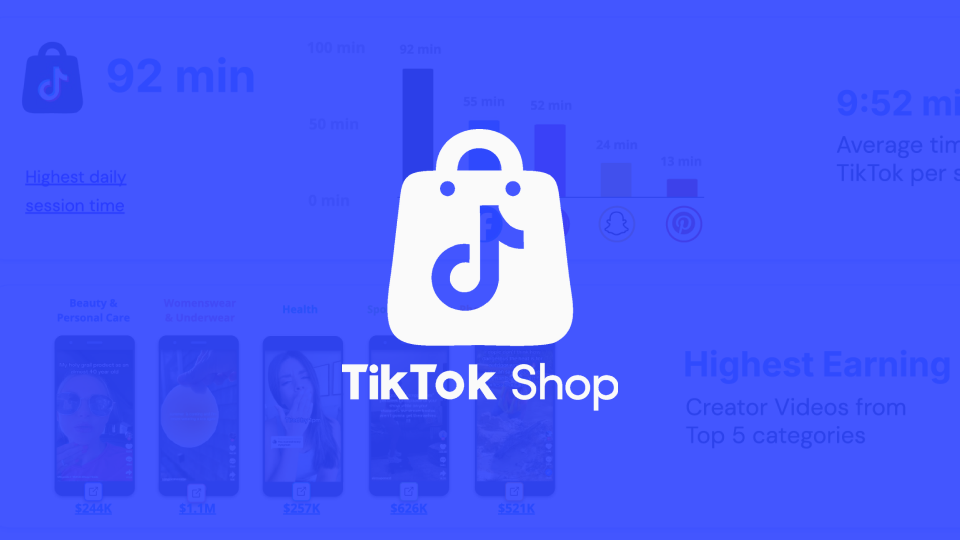
How RBC Wealth Management Advertised to High Net-Worth Individuals on Facebook & Generated 89M Impressions
Key Takeaways

RBC Wealth Management Advertised to High Networth Individuals on Facebook & Generated 89M Impressions from January 2020 to September 2022. Here's how:
Spend vs. Impressions
- RBC Wealth Management spent $428K on Facebook advertising and received 89M impressions between Jan. 2020 - Sep. 2022. On average, RBC Wealth Management spends $13K and receives 2.7M impressions on their Facebook ads per month.
- Their Facebook ads spending significantly increased starting in August 2021 and peaked on September 2021, with a 88% YoY increase between 2020 and 2021.
Ad Creative
- 93% of RBC Wealth Management’s Facebook ad spend focused on 3 main categories: executor messaging, booking a financial advisor appointment, and caregiver messaging.
- Their largest spend was on an ad targeted towards Executors. The ad ran for 6 months (April - September 2022) and cost a total of $59K to get 13M impressions. The ad converted 7K of traffic to the campaign landing page.
Landing Page
- There are four main landing pages where RBC Wealth Management directs its ad traffic. The Caretaker and Financial Literacy Advice ads lead to blog posts that are a part of the Analysis and Insights section while the BLM Advocacy and Philanthropy ads lead to blog posts that are a part of the Community Involvement section of their website.
Demographics
- RBC Wealth Management primarily targets Android users (63%) using link post ads (91%). When it comes to ad gender distribution, the ads are equally targeted at females and males.
- 48% of RBC Wealth Management’s ad spend on Facebook is targeted at London, Ontario. Coming in after is Toronto (6%), Montreal (5%), and Vancouver (5%)

On average, RBC Wealth Management allocates $13K on Facebook ads per month. Their Facebook ad spending significantly increased starting in August 2021 and peaked on September 2021, with a 88% YoY increase between 2020 and 2021.


Since January 2020, RBC Wealth Management spent $428K on Facebook advertising and received 89M impressions. On average, RBC Wealth Management receives 2.7M impressions on their Facebook ads per month.


In August 2020, RBC Wealth Management's top Facebook ad campaign targeted those who were named as an executor of a will. The ad featured led to a video featuring Bob Chilton.


In September 2021, RBC Wealth Management's top campaigns targeted senior audiences and their families with a campaign about dementia awareness and executorship.


In April to June 2022, RBC Wealth Management's top campaigns targeted people who were named executors of a will or thinking about becoming an executor. The ad on the right featured Bob Chilton having an authentic conversation with his own father.


In August 2022, RBC Wealth Management's top campaigns both utilized free guides and checklists to incentivize a click.




From January 2020 to September 2022, 93% of RBC Wealth Management’s Facebook ad spend focused on 3 main categories: executor messaging, booking a financial advisor appointment, and caregiver messaging.


Examples of RBC Wealth Management’s ad copy by total spend are broken down below:



There are four main landing pages where RBC Wealth Management directs its ad traffic. The Caretaker and Financial Literacy Advice ads lead to blog posts within the Analysis and Insights section, while the BLM Advocacy and Philanthropy ads lead to blog posts within the Community Involvement section.


RBC Wealth Management spent the largest amount on this ad targeted towards Executors. The ad ran for 6 months (April - September 2022) and cost a total of $59K and generated 13M impressions. The ad converted a traffic of 7K to the campaign landing page.


RBC Wealth Management primarily targets Android users (63%) using link post ads (91%). When it comes to ad gender distribution, the ads are equally targeted at females and males.


48% of RBC Wealth Management’s ad spend on Facebook is targeted at London, Ontario.

Complimentary Strategy Session
Take the next step in your market planning. Request your free strategy session today.
Book Your Session →














